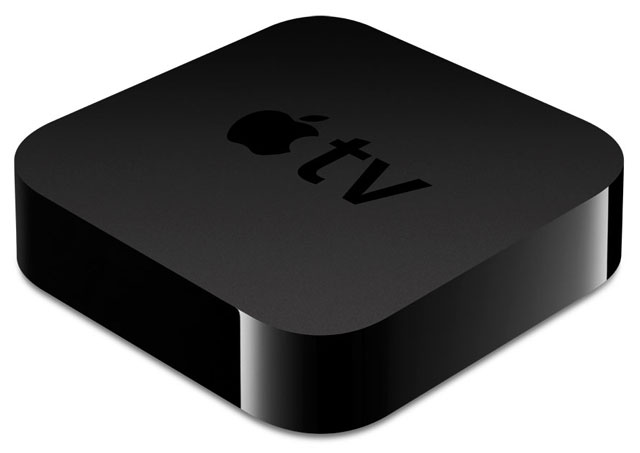 Which five words does a CEO never want to hear? “Apple is entering our market.” Nokia and BlackBerry were both crushed to dust by the colossus from Cupertino, and big Hollywood studios may be next.
Which five words does a CEO never want to hear? “Apple is entering our market.” Nokia and BlackBerry were both crushed to dust by the colossus from Cupertino, and big Hollywood studios may be next.
Variety, the premier trade magazine for America’s entertainment industry, claims that Apple executives are “exploring” the possibility of producing original filmed content.
This must be particularly unsettling for big entertainment firms, many of whom have been close allies of Apple for years. What they’ve come to see as a handy distribution channel may suddenly become a competitor, and one with incredibly deep pockets.
Should the rumours prove true, Apple would be a relative latecomer to the original content party. Other large technology firms such Amazon and Netflix have been producing original content for several years now, and are enjoying great success.
Netflix, in particular, has been winning over both critics and audiences with hit shows such as House of Cards, Orange is the New Black and Unbreakable Kimmy Schmidt. In the US, these shows are only available via Netflix’s online streaming service and are never licensed to traditional TV stations.
Although Netflix remains secretive about its production budgets, analysts estimate it spent at least US$3bn in 2014. It made more than $5,5bn in revenue last year and is on track to make more than $7bn this year — not bad for a company that started life renting DVDs to people via the mail.
This online streaming model is proving highly disruptive to free-to-air television in developed markets. Broadcasting is expensive and programming must be larded with adverts in order to make any revenue.
On-demand subscription services like Netflix and Amazon mean no adverts and no waiting for the next episode. Netflix releases all the episodes of each season of a show on the same date. This has changed the way people view television, allowing them to “binge watch” 10 or 15 hours of their favourite show in one sitting.
Apple is attracted to this burgeoning market for different reasons than Netflix and Amazon. While its competitors make their money from the content itself, for Apple content is a means to an end.
Apple makes 90% of its revenue — $160 billion in 2014 — selling devices. Content available exclusively to Apple customers, via Apple services and viewed on Apple devices, could make loyalty to those devices stronger. You’re not going to switch to an LG tablet or a Samsung smartphone if you’ll lose access to your favourite TV shows.
This mechanism has already been fantastically successful for Apple in markets such as mobile applications (the App Store) and music (iTunes). Both of those online markets are now over a billion strong, and the market for original programming could be just as big.
At least that’s the theory. Apple makes beautiful devices and is good at using technology to aggregate other people’s content, but producing content is a very different challenge. One of Apple’s strengths has always been its focus — it makes devices and offer services that enhance those devices.
Entering an entirely new industry is bound to be distracting to Apple’s leadership. It has nearly 100 000 employees and operates in almost every country on Earth. A company that size is never going to be easy to manage.
A case in point is Sony, which invested in a movie studio at the height of its powers. Although the studio has enjoyed periodic success over the years, its parent company has suffered from corporate bloat and stagnant profits for most of the last decade.

The problem isn’t a lack of funds, Apple currently has more than $200bn in cash and nowhere to spend it. But money doesn’t automatically equate to popular content. Modern audiences are notoriously unpredictable, ignoring $400m epics and flocking to $5m independent productions.
This has made traditional TV and movie producers particularly resilient to the boom and bust cycles that govern their industry. The fact that the Internet is only just beginning to disrupt these markets is a testament to how high these natural barriers to entry are.
When a company is the size of Apple, an entire cottage industry of rumour and conjecture grows up around it. This report may simply be the product of a journalist reaching for a scoop.
But if it does prove to be true, we may be in for some great entertainment. Whether that enjoyment comes from the shows themselves, or watching Apple tussle with Hollywood’s dinosaurs remains to be seen.



